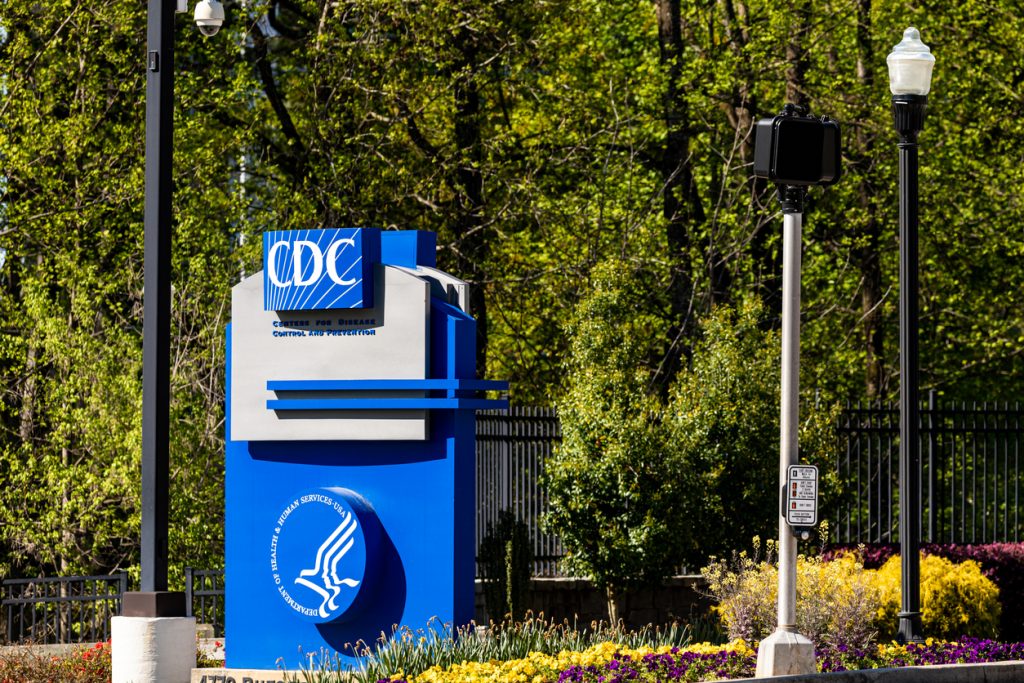The US Centers for Disease Control and Prevention (CDC) added the Netherlands and Luxembourg to its list of “very high” risk travel destinations.
According to WHO officials the situation in much of Europe is becoming of grave concern given the surge in cases in the last six weeks.
Last Saturday, The Dutch government was forced to reverse the easing of COVID-19 restrictions due to a surge in hospitalizations.
The Prime Minister also had to extend the use of “COVID Passes” to museums, gyms, and similar venues, reintroduce mask-wearing in public areas and request citizens to work from home as much as possible.

Every country in Europe and Central Asia is “facing a real threat of Covid-19 resurgence or is already fighting it,” said Hans Kluge, a World Health Organization regional director.
“The current pace of transmission across the 53 countries of the European Region is of grave concern… We are, once again, at the epicenter [of the pandemic] Kluge said.
The US Department of State, for its part, issued a “Level Four: Do Not Travel” warning for Luxembourg last night. The Cayman and Faroe Islands were also moved to Level 4.
Luxembourg has identified 452 new cases in the last 24 hours, according to data from the World Health Organization (WHO). Although it appears to be a “normal” number, the country was reporting zero COVID incidents less than four weeks ago.
In contrast, during this period, the Netherlands registered 11,398 cases. Six weeks ago the country was reporting only over 1,600 incidences.
The spread of a new subvariant of the Delta strain, which seems to be even more contagious than the original Delta strain, could be the most relevant of four main factors driving the pandemic’s acceleration.
Low vaccination rates in Eastern European nations, colder temperatures that drive people into enclosed places, and decreasing immunity for early immunizations appear to be other reasons compromising the European fight against COVID-19.

